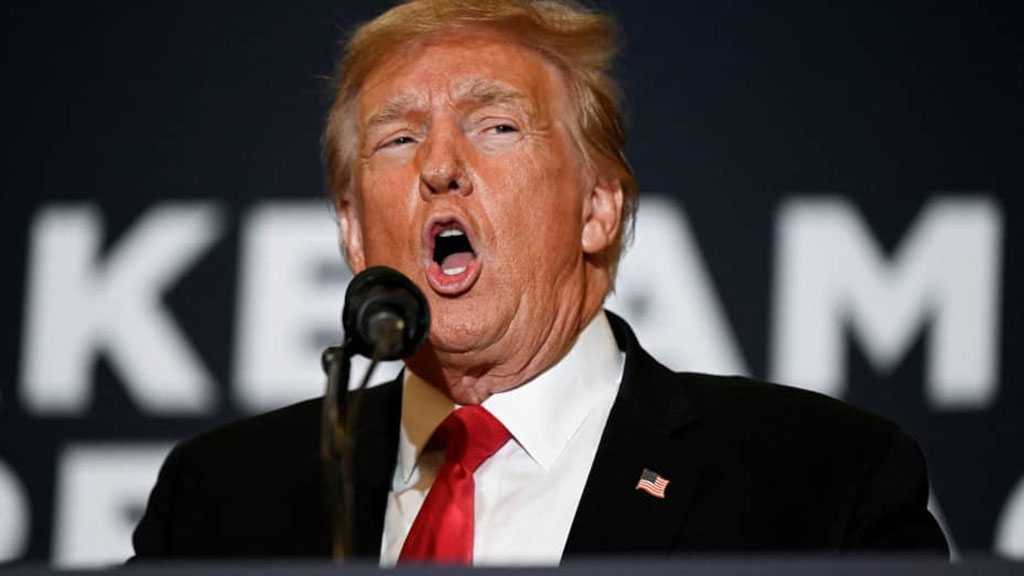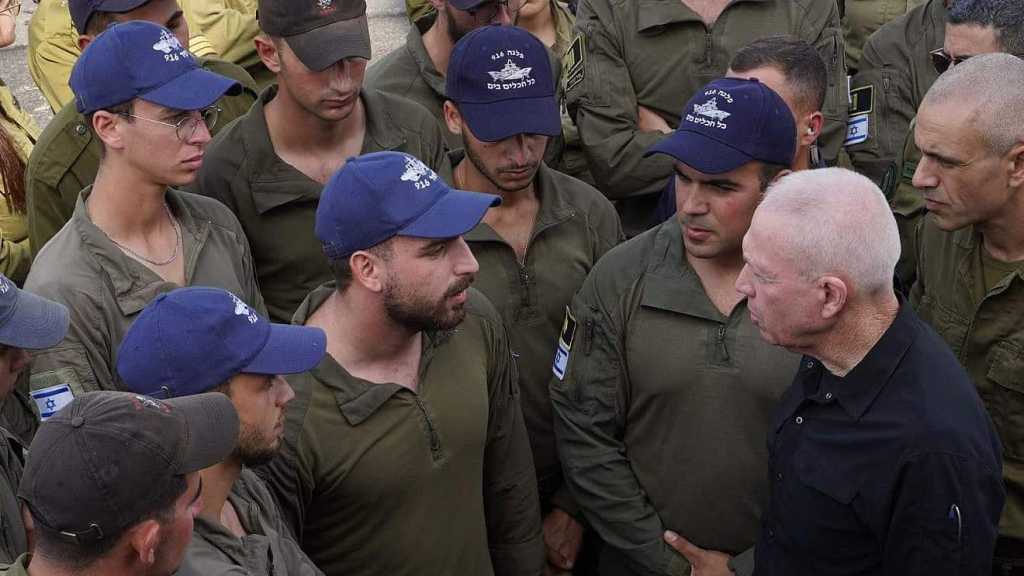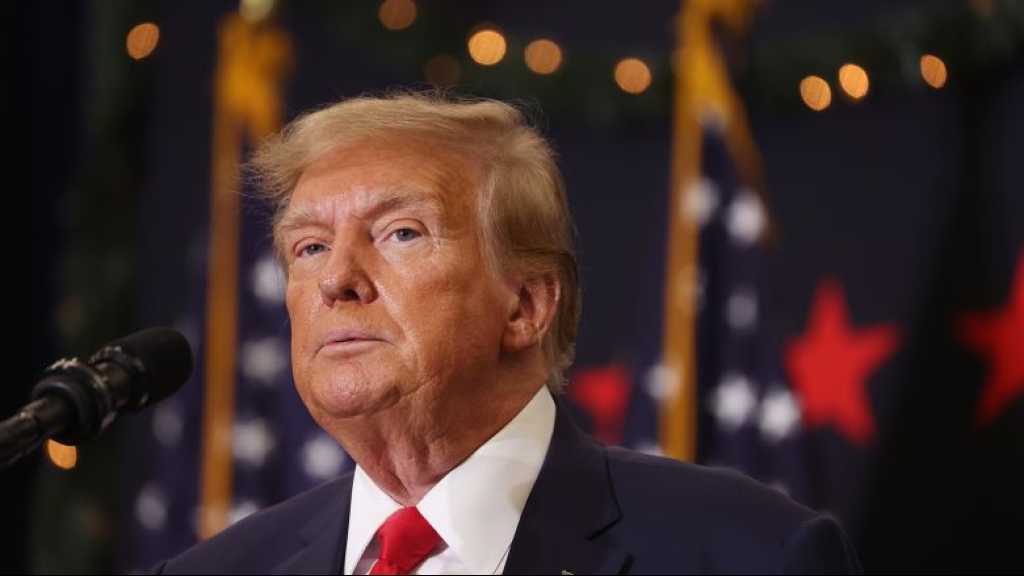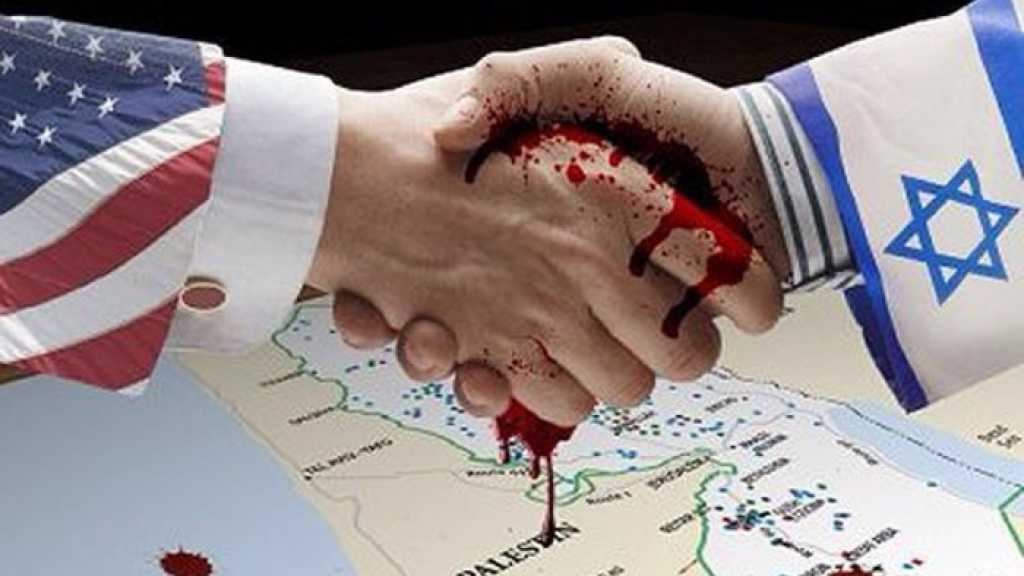
Colombia Referendum: Voters Reject Farc Peace Deal
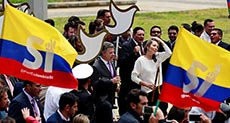
Local Editor
Voters in Colombia had rejected a landmark peace deal with Farc rebels in a shock referendum result, with 50.2% voting against it.
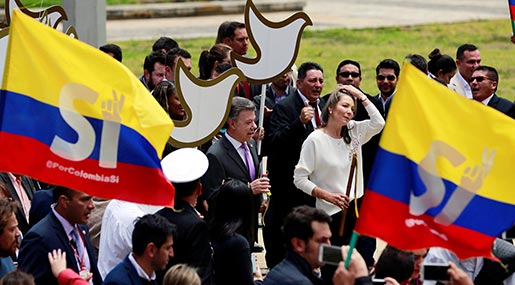
The deal was signed last week by President Juan Manuel Santos and Farc leader Timoleon Jimenez after nearly four years of negotiations.
But it needed to be ratified by Colombians in order to come into force.
Addressing the nation, President Santos said he accepted the result but would continue working to achieve peace.
Colombians were asked to endorse or reject the peace agreement in a popular vote on Sunday.
The "yes" campaign had the backing not just of President Santos but of a wide array of politicians both in Colombia and abroad, including UN Secretary General Ban Ki-moon.
But there was also a vocal campaign for a "no" vote, led by former Colombian President Alvaro Uribe.
Polls conducted ahead of Sunday's vote suggested a comfortable win for the "yes" campaign.
But in a surprise result, 50.2% of voters rejected the agreement compared with 49.8% who voted for it.
The difference with 98.98% of the votes counted was less than 54,000 votes out of almost 13 million ballots.
Turnout was low with fewer than 38% of voters casting their votes.
Most of those who voted "no" said they thought the peace agreement was letting the rebels "get away with murder".
Under the agreement, special courts would have been created to try crimes committed during the conflict.
Those who confessed to their crimes would have been given more lenient sentences and would have avoided serving any time in conventional prisons.
This, for many Colombians, was one step too far.
They also balked at the government's plan to pay demobilized Farc rebels a monthly stipend and to offer those wanting to start a business financial help.
"No" voters said this amounted to a reward for criminal behavior while honest citizens were left to struggle financially.
Many also said that they simply did not trust the rebels to keep their promise to lay down arms for good.
They pointed to previous failed peace negotiations when the rebels took advantage of a lull in fighting to regroup and rearm as evidence that the Farc had broken their word before.
Others were unhappy that under the agreement, the Farc would be guaranteed 10 seats in the Colombian Congress in the 2018 and 2022 elections.
They said this would give the newly created party an unfair advantage.
President Santos said that the bilateral ceasefire between government forces and the Farc would remain in place.
He has told government negotiators to travel to Cuba to consult Farc leaders on the next move.
President Santos promised to "continue the search for peace until the last moment of my mandate because that's the way to leave a better country to our children".
"I won't give up," he said.
The Farc leader known as Timochenko also said that the rebels remained committed to securing an end to the conflict.
"The Farc reiterates its disposition to use only words as a weapon to build toward the future," he said after the result.
"Count on us, peace will triumph."
Source: News Agencies, Edited by website team
Comments
- Related News
